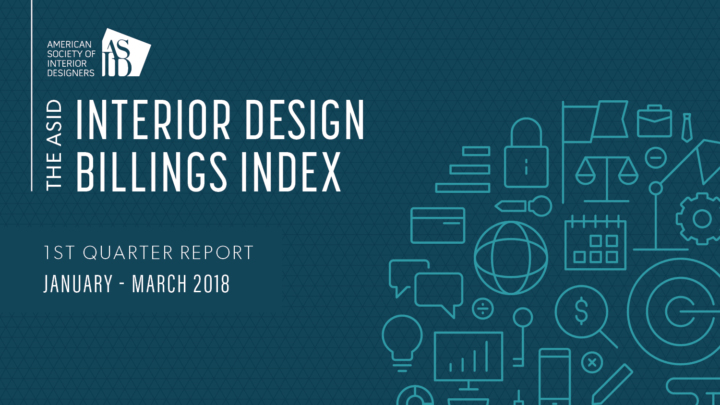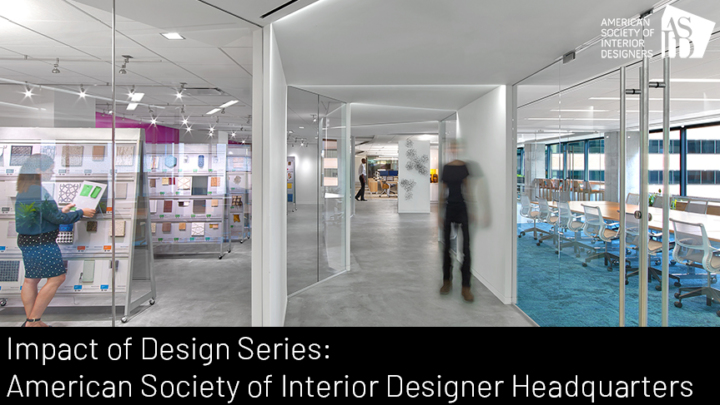Convergence: Laying the Groundwork for Re-purposing Distressed Urban Mall Environments for Mixed-Use Dementia Friendly City Centers
Title: Convergence: Laying the Groundwork for Repurposing Distressed Urban Mall Environments for Mixed-Use Dementia-Friendly City Centers
Reasearch Team: Emily Roberts, Ph.D
Institution: Oklahoma State University
RESEARCH SUMMARY
Approximately 5.4 million Americans have some form of dementia and these numbers are expected to rise in the coming decades, leading to an unprecedented demand for memory care housing and services. In searching for innovative options to create more autonomy and better quality of life in dementia care settings, repurposing existing structures, in particular vacant urban malls, may be one option for the large sites needed for the European model of dementia villages. These settings may become sustainable Dementia Friendly City Centers (DFCC), because in the case of enclosed mall construction, the internal infrastructure is in place for lighting, HVAC, with varied spatial configuration of public spaces. This study focused on community engagement research laying groundwork for the DFCC model for centralized dementia programs and services and housing. Using an 800,000 square foot case study closed mall site, community engagement and focus group themes delineated the opportunities and barriers to the initiative. The DFCC model can be seen as one opportunity to make life better not only for those with needs associated with dementia now, but also for ourselves in the future, therefore educating and updating future stakeholders about the value of this model of care will be critical in transforming current hurdles into future opportunities for integrated dementia care models.

